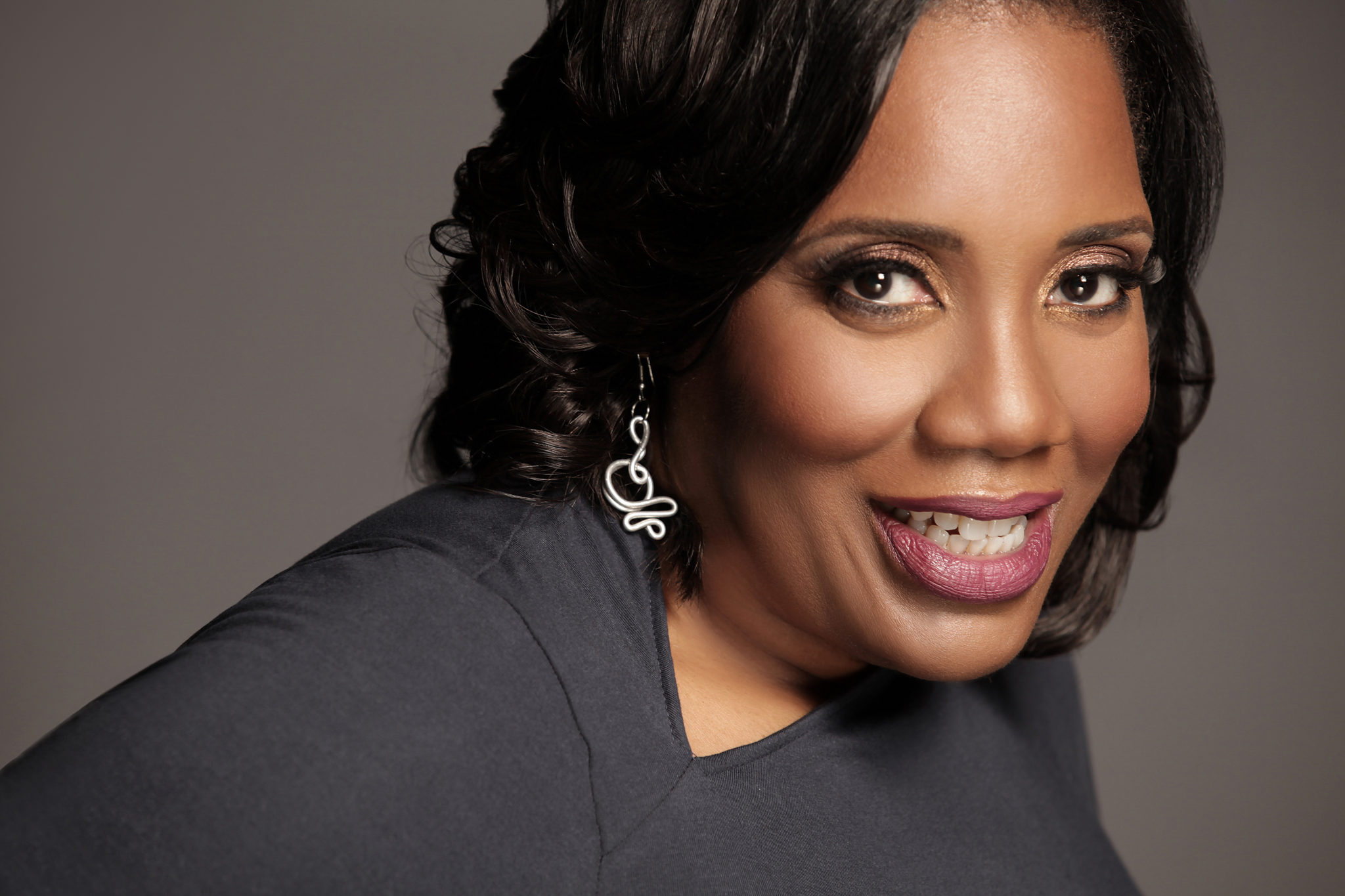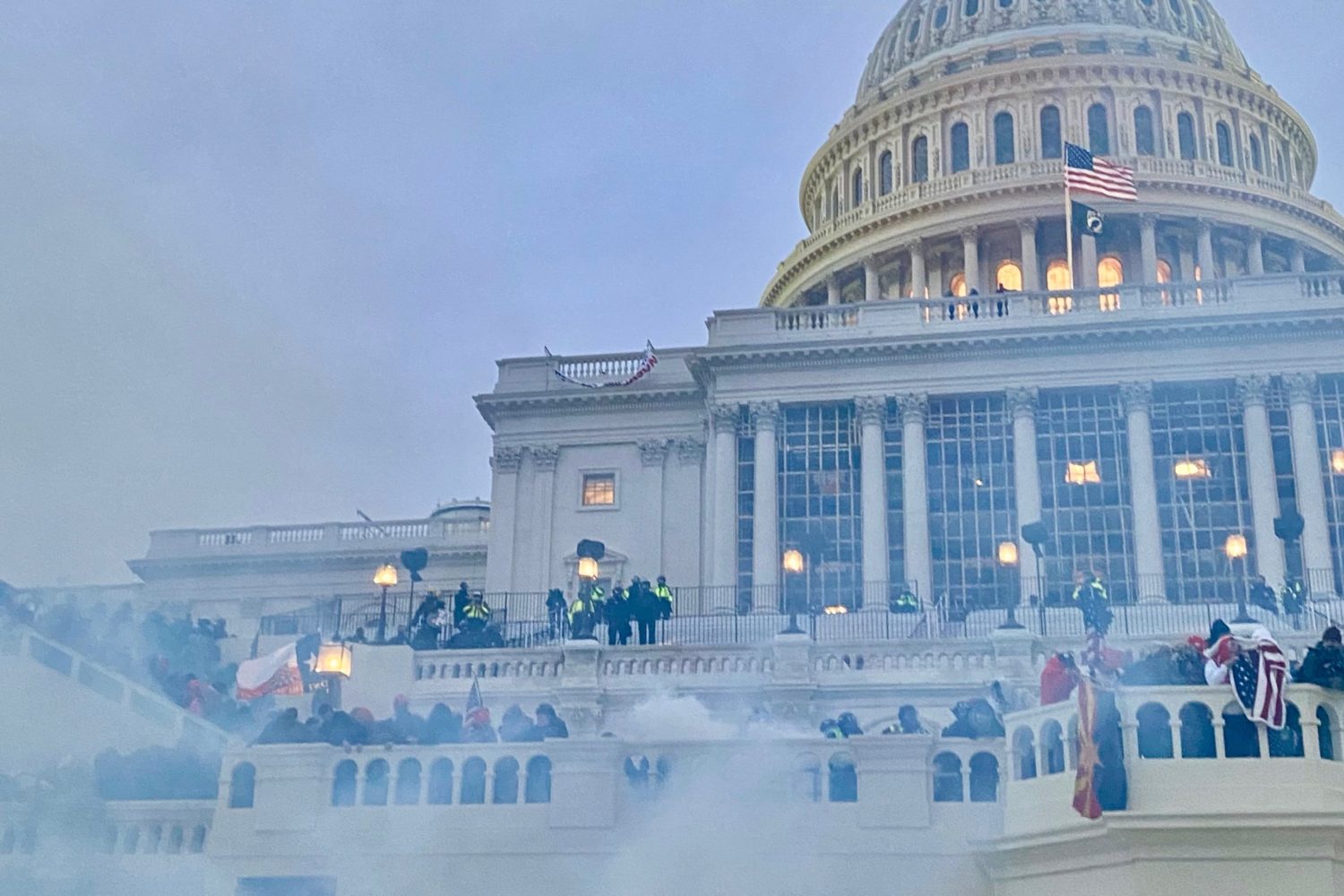Between a mob attack, impeachment, and virtual school, DC children may be experiencing increased stress and anxiety right now. They also could (like many of us) be extremely confused by what’s going on. We spoke to Chevy Chase clinical psychologist Linda Fleming McGhee about to approach these conversations.
How can parents start to talk to their children about these events?
It’s entirely dependent upon age. Those in pre-kindergarten and kindergarten may have really general questions. You might want to reassure them, in a very basic way: Some people got angry and they made some poor decisions and broke into a place where they shouldn’t have. For children in elementary school, you can start adding in some basic lessons because you want to use these events as opportunities to open conversations and keep dialogue open between you and your children—to teach them about, for example, a proper response for times when you don’t get when you want. You’re also teaching them how to manage complex emotions that can occur simultaneously. You want to be guided by their questions. A lot of times, a kid just wants to know that they’re safe.
What about for older children? How should one approach those conversations?
As they get older, you definitely want to be guided by their questions. As your children are pushing through high school and into college, they are more bent on social justice. You might want to help them find ways to get involved and make constructive changes. It wasn’t just the election—we’re dealing with a lot of pandemics right now: Covid-19, and also racism, antisemitism, things that were very prominent at the riots. We have a whole lot of things going on at the same time and you don’t want to ignore them.
Children are dealing with a lot right now—from the stress of online school to the ongoing threat of violence. How can parents help their children deal with all of these different stresses?
Mental health comes first. Ten months in, stress levels are at an all-time high. This is not the time to make quantum leaps in academics. This is the time to maintain your child’s mental health. Try to ensure that your child is doing the appropriate self-care measures that will ensure their mental health, like eating well, sleeping, and monitoring social media and gaming. If you run into problems, you can consult a mental health professional and communicate with the school. But most of all, try to keep the communication open between you and your child and ensure that within the home, you have the things that are necessary to keep them stable.
What are some of the symptoms and signs that parents should be looking out for that may indicate that their child is struggling with additional stress?
Changes to their overall patterns, not being interested in the things that they previously were interested in, if they seem sad. Sometimes that doesn’t manifest itself in the same way that it does with adults. Sometimes kids appear to be angry, which is how typically depression comes out in teenagers. How can you tell the difference between that and just a normal teenager? It’s a matter of degree. They may also exhibit some physical symptoms. For example, they may complain to you that they are having symptoms of a panic attack. Or you might see symptoms of depression and anxiety manifested in headaches and stomach aches. If you have a doubt, it behooves you to reach out to [a mental health professional] and ask.
What are some of the things parents can do at home to help their children right now?
Scheduling some structure around the day is helpful. The days are all beginning to seem like they’re blending together. When I say structure, I mean times of the day where things could occur. I don’t mean a rigid color-coding system. I mean getting up at a certain time, cleaning up, doing your personal hygiene. Physical activity is also very important for children. That means moving their body, both inside the house and outside of the house. Getting outdoors and getting vitamin D, which is supposed to help with mood, is important. You also should make sure there’s some social elements in the day—that might just be making sure they have time for a FaceTime call. The organization of physical space in the house is also important so that a child feels like they have a place to do their work, and they have a place where they can have some privacy. That’s very difficult because not all people live in areas where they can have segregated space [in the home]. You also want to stay in contact with teachers and let them know what your child needs.
Many parents may be dealing with a lot of stress and anxiety themselves. What advice do you have for parents who are struggling?
This is something that I’ve been doing a lot of thinking about. Since the beginning of 2020, the whole country has undergone trauma, and I’m using that word deliberately. If there’s something that has happened to you that’s deeply distressing or disturbing, that’s trauma. In terms of parents, I’m using this term “radical self care.” You really have to take care of yourself. A lot of parents, and particularly mothers, tend to put themselves last. Doing the same things that I talked about you doing with your kids with yourself: trying to get sleep, trying to make sure you have an appropriate diet, trying to meditate or do yoga, finding some ways to move your body and work on your spirit. By doing that, you’re helping yourself, but you’re also helping your children because you’re modeling that behavior. The recognition for both parents and their children that we have undergone distressing events that have involved a lot of grief is also important. This recognition that we are grieving—and that we should be processing and working through the process, both the trauma and the grief—is really important.
What else is important for parents to know or remember during this time?
If you need help, there are many local resources: Children’s National Hospital, the Kennedy Krieger Institute in Baltimore, your own health insurance plan, private practice practitioners. To just reach out and get help.
This interview has been edited and condensed.

















